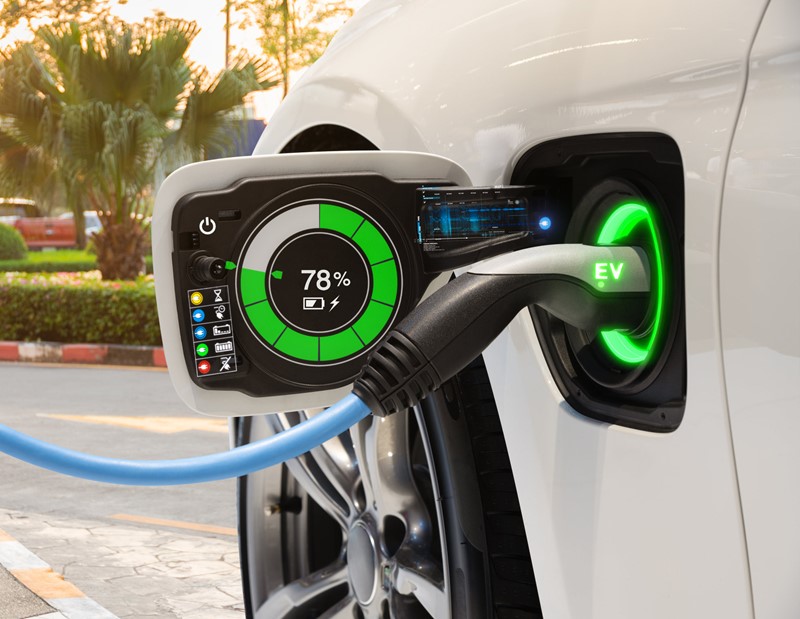If you are considering purchasing a company car through your limited company, understanding the tax implications is crucial. With the growing emphasis on sustainability, zero-emission electric cars are becoming a smart business choice—not only for the environment but also for your company’s tax efficiency. For businesses in Chester and surrounding areas, firms like Simply Accounts Accountant Chester often advise on making the most of tax write-offs for an electric car with zero emissions to optimise their clients’ finances.
This blog post will explore how buying a zero-emission electric vehicle through your limited company can qualify for significant capital allowances and how these benefit your business’s bottom line in the UK.
Understanding Capital Allowances for Company Cars
When a company purchases an asset such as a vehicle, it is typically classified as a fixed asset. The cost of this asset can be written off against the company’s taxable profits over time through capital allowances. However, company cars differ from most other business assets because they do not qualify for the Annual Investment Allowance (AIA). Instead, they fall within specific capital allowance categories based on their carbon dioxide (CO₂) emissions and the date of purchase.
This means that the amount and speed of the tax relief you can claim depend directly on the emissions profile of the vehicle.
100% First Year Allowance (FYA) for Zero-Emission Electric Cars
For zero-emission electric cars, the standout benefit is the 100% First Year Allowance (FYA). This allowance means you can write off the entire cost of a brand new, zero-emission electric car against your company’s taxable profits in the year you purchase it. This is a substantial advantage because it accelerates the tax relief and improves your business cash flow early on.
Criteria to Qualify
To benefit from 100% FYA:
- The car must be brand new and unused.
- It has to be registered as a zero-emission vehicle at the point of purchase.
- It cannot have any CO₂ emissions from the tailpipe (i.e., fully electric or hydrogen fuel cell vehicles).
If your purchase meets these conditions, you can deduct the full purchase price from taxable profits, potentially saving your company a significant amount in corporation tax for that financial year.
Other Capital Allowance Rates for Company Cars
If the electric car or company vehicle does not meet the requirements for the 100% first year allowance, it will fall into one of the following capital allowance bands:
18% Main Rate Allowance
- Applies to cars with low but non-zero CO₂ emissions.
- You can write off 18% of the vehicle’s cost against profits each year on a reducing balance basis.
- This is the middle band, reflecting the government’s push to encourage low-emission vehicles.
6% Special Rate Allowance
- Applies to cars with higher CO₂ emissions or some second-hand vehicles.
- Only 6% of the cost is deductible per year on a reducing balance basis.
- This slower write-off reflects the government’s disincentive for higher polluting vehicles.
How Financing Affects Tax Relief
The tax treatment of purchasing a vehicle through your company also depends on how it is financed. Typically:
- If the car is bought outright, the cost is capitalised on the company's balance sheet, and capital allowances apply as described above.
- If the car is leased or financed through hire purchase, the payments are usually treated as a deductible business expense rather than capital allowances. However, the rules on lease payments for zero and low emission vehicles can also influence tax deductions and need to be checked carefully.
Therefore, it is important to consider the financing structure and seek advice from accounting professionals—like Simply Accounts Accountant Chester—to choose the most tax-efficient option.
Benefits Beyond Tax Write-Offs
Beyond the attractive tax write-offs, buying a zero-emission electric car through your limited company offers other advantages:
- Reduced Benefit-in-Kind (BiK) Tax: Company car drivers typically pay BiK tax based on the car’s emissions. Zero-emission electric vehicles usually incur much lower BiK rates, reducing personal tax liability for employees or directors.
- Corporate Social Responsibility (CSR): Operating zero-emission vehicles enhances your company’s green credentials, which can be appealing to clients and investors.
- Lower Operating Costs: Electric vehicles are typically cheaper to run with lower fuel and maintenance costs.
Purchasing a zero-emission electric car through your limited company is not only a forward-thinking environmental choice but also a savvy financial decision. Thanks to tax write-offs for an electric car with zero emissions, particularly the 100% First Year Allowance, your company can significantly reduce its taxable profits in the year of purchase, improving cash flow and overall tax efficiency.
Understanding the nuances of capital allowances and how your vehicle’s CO₂ emissions impact tax relief is essential when choosing a company car. Consulting with experts like Simply Accounts, Accountant Chester, Accountant Huddersfield, Accountant Salisbury, Accountant Doncaster, Accountant Wolverhampton ensures you maximise the available incentives and choose the best option for your business.
In summary, if your limited company is ready to invest in a zero-emission electric car, take full advantage of the capital allowances and tax write-offs to boost your company’s tax efficiency and support sustainability goals simultaneously. It’s a win-win for your business and the environment.


